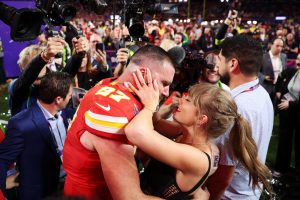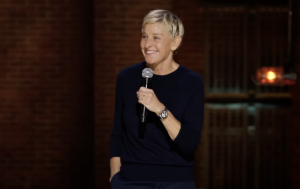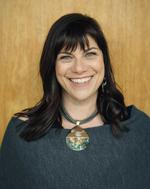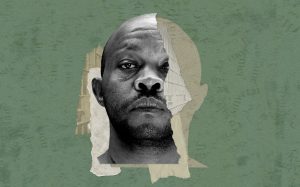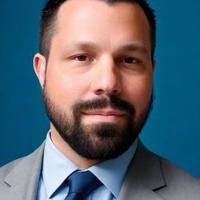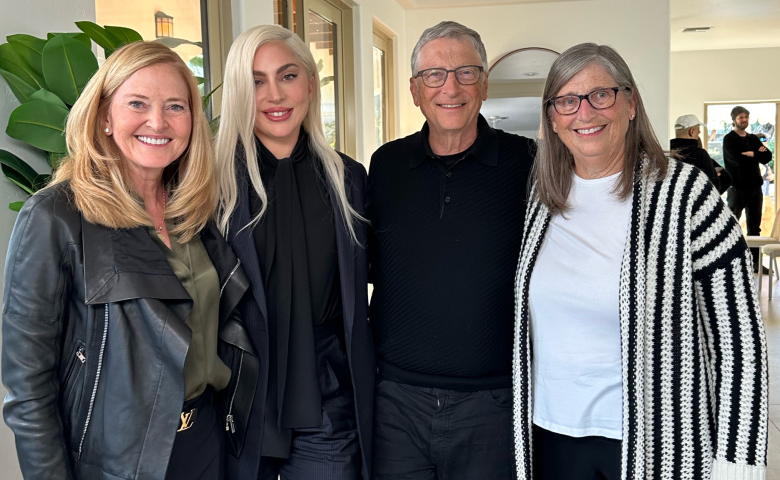
I’ve always thought of myself as a student trying to get to the bottom of things. A good day for me is one where I go to sleep with just a little bit more knowledge than I had when I woke up in the morning. So, when I am deciding how to spend my time these days, I usually ask myself three questions: Will I have fun? Will I make a difference? And will I learn something?
My new Netflix Series, What’s Next? The Future with Bill Gates, is out today. And when I think back on the process of working on it over the last two years, the answer to all three questions is a resounding “yes.”
I had an amazing time working with the super talented director, Morgan Neville. Morgan directed one my favorite documentaries, Best of Enemies, which is about Gore Vidal’s and William Buckley’s debates during the 1968 U.S. presidential election. Morgan also won an Oscar for his terrific film 20 Feet from Stardom.
As you might guess from the title, What’s Next? is a show about the future. I’m very fortunate to get to work on a number of interesting problems. Between fighting to reduce inequities through the Gates Foundation, leading Breakthrough Energy’s work on the climate crisis, and my continued engagement with Microsoft, I have a front seat to some of the biggest challenges facing us today.
I feel extremely grateful to have had the opportunity to work with and learn from some truly incredible people during the making of this show. (I’m hesitant to even use the word “work” because the process was so much fun!) My hope is that people watch What’s Next? and feel like they’re joining me on my learning journey.
Each episode focuses on a different challenge: artificial intelligence, climate change, misinformation, disease eradication, and income inequality. I sat down with some of the big thinkers and innovators who are pushing for progress. Some of them have different ideas than I do about how to tackle these challenges, and I loved getting to hear their perspectives. It was an eye-opening experience.
I got to have conversations on camera with familiar faces like Dr. Anthony Fauci, Open A.I. co-founder Greg Brockman, and the groundbreaking director James Cameron. And I made a lot of new friends as well—including an ingenious malaria researcher from Burkina Faso named Abdoulaye Diabaté, young climate activists who impressed me with their intelligence and passion, and an amazing group of people from across the Bay Area who overcame tremendous adversity in their path from poverty to stability.
There also were dozens of people who participated in the series with standalone interviews, like my friend Bono and the brilliant Mark Cuban—each of whom brings an inspiring and grounded view of the challenges we’re facing. My hope is that, together, we can combat the doomsday narratives that so often surround these issues.
It’s hard to pick which discussion I learned the most from. But three conversations will always stand out in my memory: the ones with Lady Gaga, Senator Bernie Sanders, and my younger daughter, Phoebe.
Going Gaga
I couldn’t help but feel a little nervous.
I was in Palm Desert, CA, preparing to have a filmed conversation with Lady Gaga for our episode about misinformation. Being around famous people doesn’t normally affect me. But I’m a big fan of A Star is Born—especially its music—and I was aware of her reputation as an outsized personality. I couldn’t wait to hear what she had to say.
Luckily, I had nothing to worry about. I was blown away by how thoughtful Gaga was. She made me laugh with the outrageous stories of how she’s been the subject of misinformation in the past—and inspired me with some of the ways she thinks about the topic.
In the early years of her career, one of the most persistent internet rumors about Gaga was that she was actually a man. It became so mainstream that reporters would ask about it during interviews. She refused to confirm or deny it. Instead, Gaga turned it back on the interviewer and asked, “Would it matter if I was?”
On the day of our Netflix conversation, I had been filming earlier with my two sisters, Kristi and Libby. So I asked them to come and watch the conversation between Lady Gaga and me.
We all hoped this picture would make us cooler in the eyes of our kids!
Lady Gaga had a great perspective on the intersection of information and entertainment, and on the need to bring humanity back into personal interactions in the internet age. Our conversation was valuable in helping me think through what is (and might not be) possible when it comes to preventing misinformation.
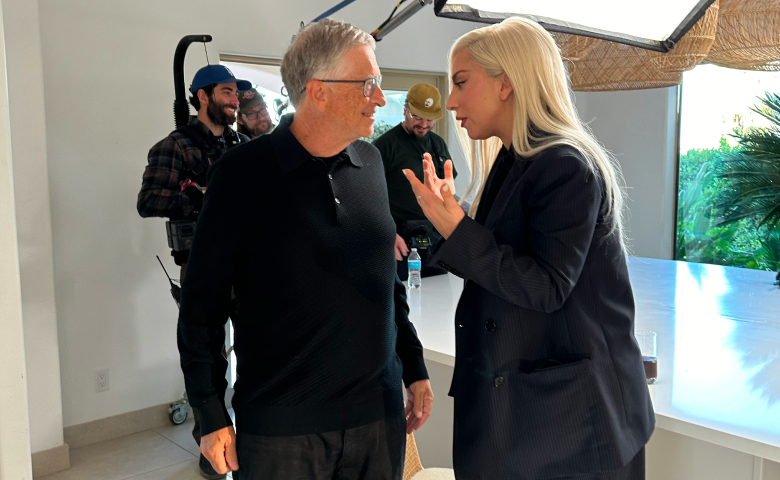
Our conversation started even before the cameras were rolling.
I’ve always enjoyed Gaga’s music (including her new song!), but I came to appreciate her thoughtfulness as an artist. She has such interesting and insightful things to say about her art, her audience, and the ways she can make a difference. I’m grateful I was able to spend time with her.
Unexpected bedfellows
When I emailed Senator Bernie Sanders to ask if he would sit down with me for the episode on income inequality, I didn’t expect to hear back for a while. So, I was surprised and delighted to get a note back from him right away:
Bill – This sounds fun. Let’s do it.
– Bernie
Sent from my iPad
Several of my friends raised an eyebrow when I told them I was going to meet with him. After all, Sen. Sanders is the first U.S. Senator in history to go on record saying that billionaires shouldn’t exist. How would this discussion go?
This wasn’t my first time meeting the Senator. In the past, I found him quite approachable. I knew that, on lots of issues, we see things the same way. We had talked briefly about the climate crisis, but we had never had a lengthy conversation—and certainly not about income inequality.
Our meeting for the series took place in a nondescript Washington, DC rowhouse on a sunny afternoon last September. Arriving first, I reviewed my notes considering what the Senator might say to me.
Minutes later, I heard the front door of the house open and a deep voice bellowing my name. The Senator quickly ascended the stairs to give me a hearty handshake.
Sen. Sanders put me immediately at ease. He gave me a signed copy of his latest book. And I appreciated his efficiency as he turned to the director right away and said, “Well, shall we continue this on camera?”
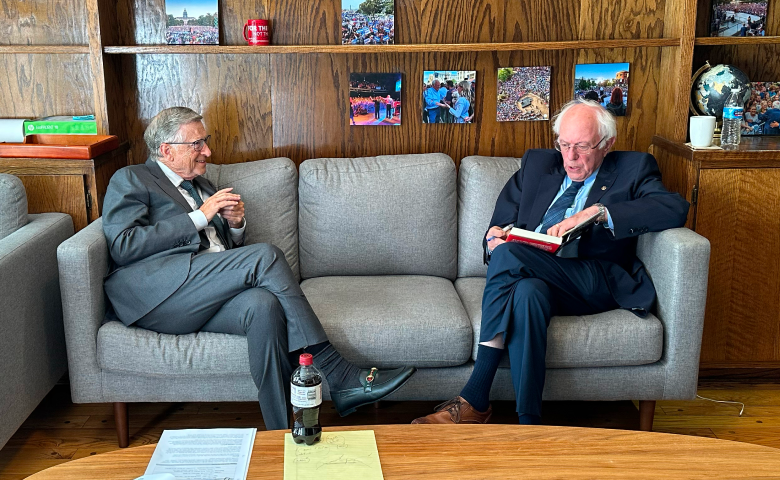
I admire Bernie’s clear point of view on the issues.
Bernie asked me some hard questions about how much wealth I thought would be enough. We agreed that wealthy people should be taxed more. I asked him if he had any legislation ready to go to help make that a reality. It was a great discussion.
After the filming ended, we both had other meetings in Washington, so we walked downstairs together and out to our waiting cars.
On the sidewalk, a passing jogger saw Sen. Sanders and shouted, “Bernie!” Then, noticing me, he did a double take and yelled, “Holy shit, Bill Gates!” Which made both of us laugh. I guess we were an unexpected duo.
Proud papa
As much fun as it was to film with Lady Gaga and Sen. Sanders, my favorite conversation for the series took place last fall in New York City with my daughter Phoebe.
I was a little worried about asking her to be in the series for a number of reasons.
First, I have two other amazing children, and I wanted to see if either of them wanted to be a part of the show. They were happy to let Phoebe take the spotlight.
Second, we needed to film during Phoebe’s senior year of college. She was very busy not only finishing up school but starting her own business and speaking at the foundation’s Goalkeepers event later that same week.
I’m glad we made it work, though, because our conversation—for the episode on misinformation—turned out to be a series highlight.
Along with running her own company, Phoebe is also an incredible advocate for women’s rights and women’s health. She regularly meets with other activists, many of whom have been harassed online in some awful way. She shared with me specific examples of how bad actors use misinformation and disinformation to disrupt progress.
Phoebe helped me better understand how women online—particularly women who stick up for other women—often face threats to their safety that are intended to make them think twice before they speak out. I’m not exactly a stranger to people being mean to you online, but I have the luxury of (mostly) ignoring what gets said about me. Phoebe explained how these threats can have a chilling effect on women’s rights activism and shared some thoughtful ideas for how to make the internet a safer place for everyone.
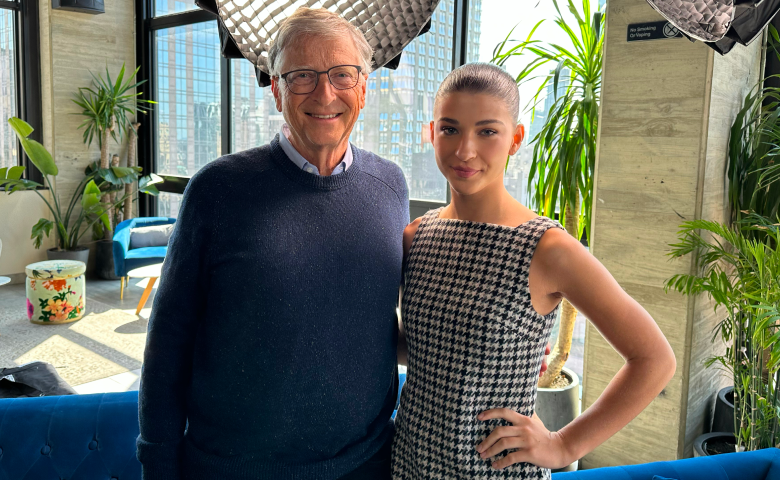
I’m so proud of how Phoebe uses her voice to advocate for women and girls.
Few people in your life can be as direct with you as your own children. Phoebe and I talked about growing up with social media, how to become sophisticated about its use, how not to feed the trolls, how to seek out different viewpoints, and the important lesson (for me, at least) that no one uses Facebook or email anymore.
One of my favorite moments was when she told me never to email her. When I asked her why not, she said, “No one uses e-mail for personal communications anymore. Just text me.”
I ended up meeting her halfway. These days, I text her to say that I’m sending her an email. And we’ve actually ended up talking more on the phone. I can’t wait to see how her advocacy work will make a difference in the world—and hear what she thinks of What’s Next? now that it’s out.
My goal for the show is for it to inspire more people to have conversations about these important topics. The human condition has improved dramatically over the last few hundred years. There is no doubt that there are scary things going on, and it feels like change is coming rapidly. But we shouldn’t underestimate what happens when people work together and focus on a problem. I’m confident that brilliant people—especially young people—will step up with great solutions.
The key is to get engaged in the issues. They’re simply too important to just get pessimistic or put our heads in the sand. These are global problems, and we should talk to each other about them. It’s a critical time, but if we engage, there is a path to progress.
I hope you enjoy What’s Next?.
